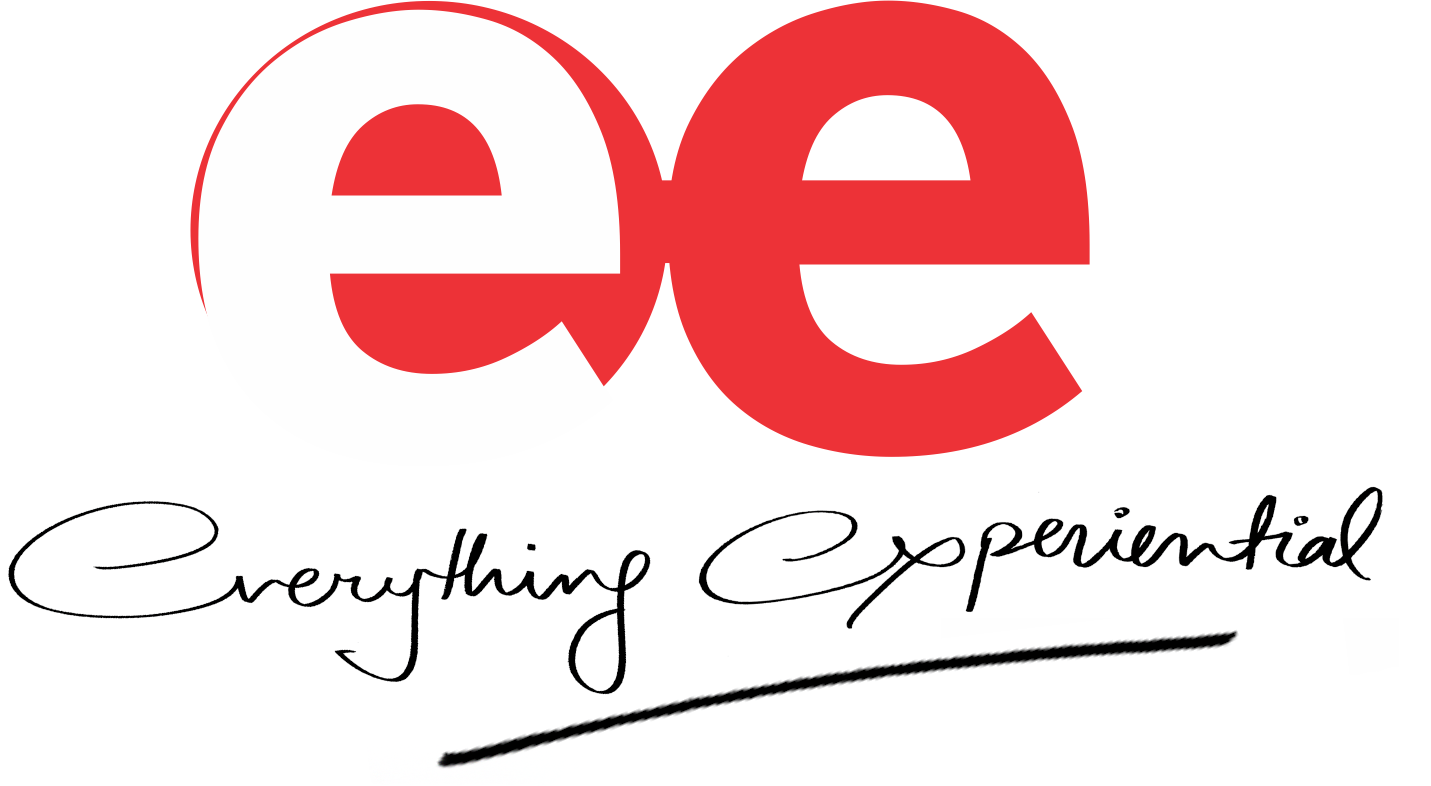Impact of social media in corporate events: Azhar Morani, Dome Corporate
Events effectively aim to accomplish the task of bringing people together, to make an impact and create value for industries and future generations writes Azhar Morani.

Social media may have started off as a tool for social interaction, but over time, it has rapidly made strides to become more. With the way connections are made in the digital world, it was only a matter of time before marketers realized the potential they can harness. Even today, marketers are discovering new avenues to approach their end customer through the digital medium. And with technology evolving at its current, rapid pace, marketing products and services, is being planned and executed via new and innovative forms.
The utilisation of social media marketing has proved its mark in modern communication practices. Through different digital platforms, marketers have been able to cater to different purposes and target their niche audiences. Twitter is advantageous for interacting via short messages and sharing content that would benefit your audience. LinkedIn is perfect for sharing more in-depth, thoughtful content pertaining to leadership that appeals to a more professional audience, and Instagram is the ideal place to advertise the product, venue or service through visual content.
Events effectively aim to accomplish the task of bringing people together, in conversation, to make an impact and create value for industries and future generations. So, for the marketers of the event, it is a challenge to design their strategy to bring the message of the event to life in a holistic and authentic manner. In this case, social media is a powerful tool for them to utilise and reach their intended audience.
When it comes to events, it is not just important to promote them beforehand, but also create a sustainable conversation around it, to build a long-standing association with their audience and attendees. They need to generate organic and authentic interest, in the effort of creating an annual IP (Intellectual Property), and social media platforms can be leveraged to sustain this interest.
Before the event:
From approaching potential attendees, to spreading the word about the event, social media can play a large, yet convenient role in facilitating communication processes. In the months leading to the event, these potential attendees weigh the pros and cons of attending, and gathering knowledge about the event. Here, marketers can leverage rousing storytelling opportunities and direct them to their required audience in order to drive attendance, leading to a sizable crowd of attendees. By launching the conversation early on social platforms, marketers can make use of social listening to ascertain attendee preferences and interests, in order to craft a livelier and stronger event.
During the event:
While creating a ‘conversation hash tag’ is a start, there is a multitude of ways that marketers can use social media for amplifying the response at the event. This can be done by incorporating social media to drive conversations, making connections and delighting on-ground attendees in a meaningful way, which will help in creating a deeper and more meaningful relationship with the attendees. Social media can also be used to establish and solidify the client’s thought-leadership position.
After the event:
Post the event, marketers can make use of the ideas and changes that will have inspired the attendees and encourage them to create sharable content, tying back to the event. By capitalising on this momentum, marketers have the ability to deepen this conversation and extend the life of the event for several months. With these efforts, marketers can help the client in leaving a legacy behind, along with curating a better network of associates in future.
Around The World
Advertisement


